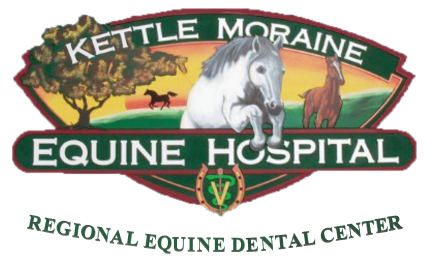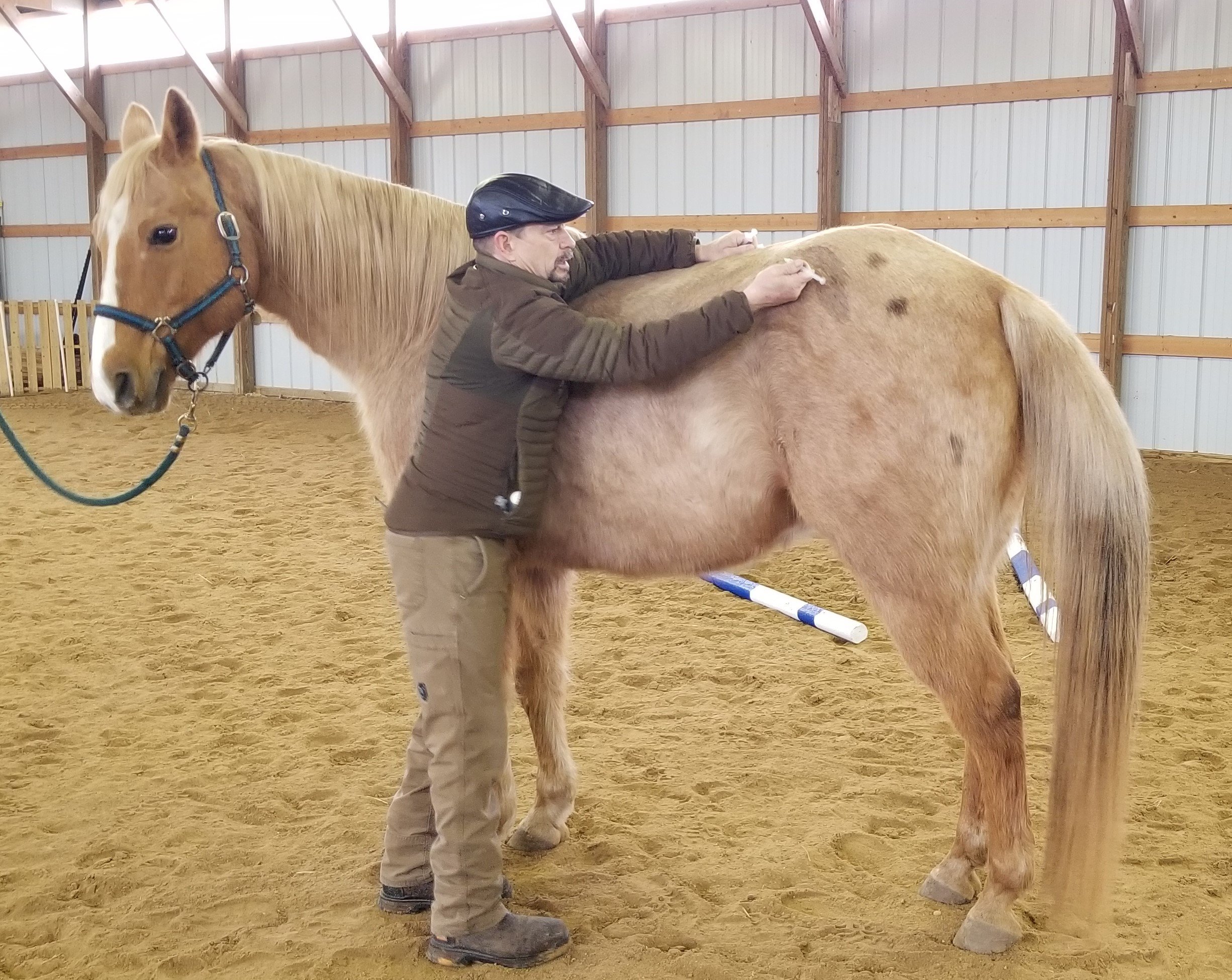Vaccination Interview
Interviewer: Should all horses be vaccinated?
Dr. Gieche: In the vast majority of cases every horse needs vaccinations.
Interviewer: What diseases should horse owners vaccinate for?
Dr. Gieche: This is a more complicated question than it seems. There are many issues to consider when making this decision. You need a thorough understanding of the horses’ individual needs and risk factors. For instance, does the horse travel out of the area? Is it an aged or a young horse? Does it live alone or with other horses and if so how many? Do the other horses on the farm travel to events that expose them to horses from the surrounding area or from far away? Has the horse been ill or stressed in a way that could compromise its immune system? Has it had any medications that may render vaccinations ineffective or dangerous for the horse at the current time? Has the horse ever been vaccinated for the disease before and if so how long ago? Has the patient had an adverse reaction to a particular vaccine in the past? These are only a few of the more obvious considerations I make when deciding what vaccines a patient requires. There is no perfect vaccination plan to put all horses on. A trained professional should evaluate each patient’s needs on an ongoing basis and make an informed decision annually as to what to vaccinate a patient for.
Interviewer: Why can’t horse owners just follow the suggestions they get from magazines, journals and the internet?
Dr. Gieche: Because advertisers and drug sales people have a vested interest in selling their products. Advertised products are not always the best or most cost effective products. As an Equine veterinarian my obligation is to the horse, not the drug/vaccine manufacturers. After reviewing all the available current scientific information, I choose the best products for the well-being of the horse.
Interviewer: Aren’t all vaccines pretty much the same.
Dr. Gieche: No. That’s why it’s so important for owners to have a veterinarian do the vaccinations. I research what the current technological advances are in vaccines each year. Advances in vaccine manufacturing are ongoing and DNA vaccines are going to change many aspects of our vaccination programs, including what vaccines to use and when to use them.
Interviewer: It sounds like Equine vaccines are getting pretty advanced.
Dr. Gieche: We have come a long way from the days of egg proteins in vaccines causing site reactions in muscles. The newer vaccines are so good that I believe most reactions are either due to poor administration technique or the vaccine did its job too well and cranked the immune system response up extremely high. With the newer vaccines that veterinarians have to choose from, the risk to benefit ratio has taken another dramatic stride forward in favor of the horse.
Interviewer: Is there anything else you would like to add, Dr. Gieche?
Dr. Gieche: Hopefully, even though we have only scratched the surface of this topic, horse owners can see how in-depth the decision making process is when formulating vaccination programs. As highly trained equine veterinarians, we are an invaluable asset to the client and horse. If anyone would like to discuss their horses’ or stables’ individual needs with us, please call KETTLE MORAINE EQUINE HOSPITAL (262) 495-2799.






